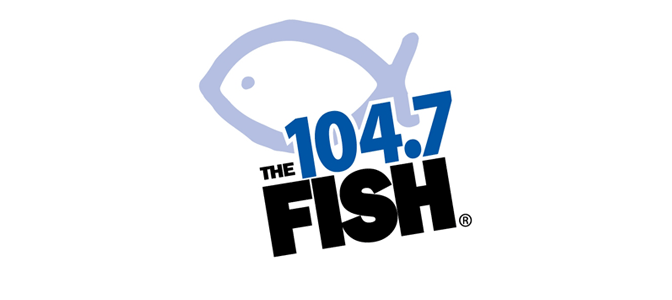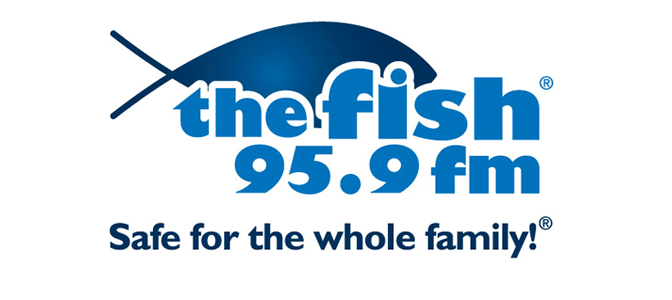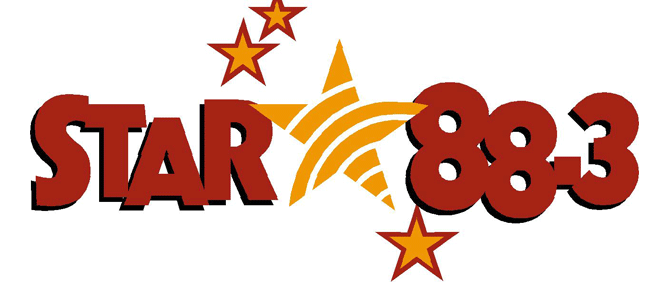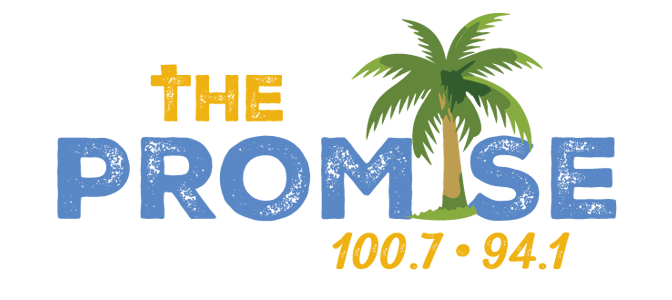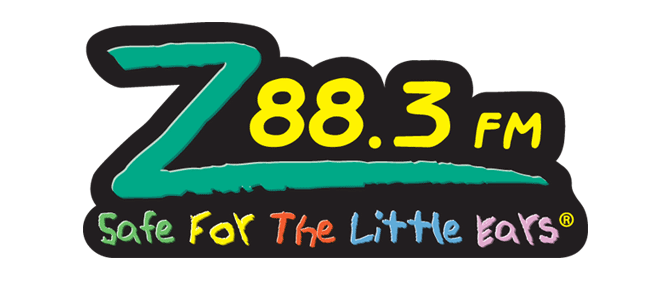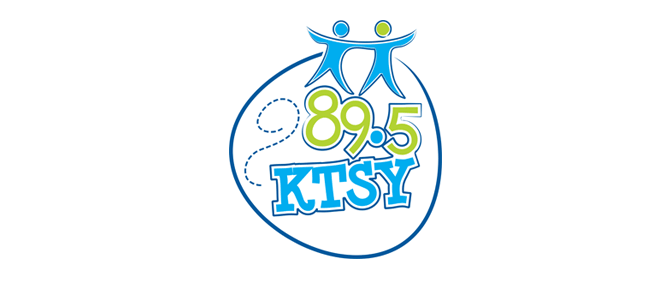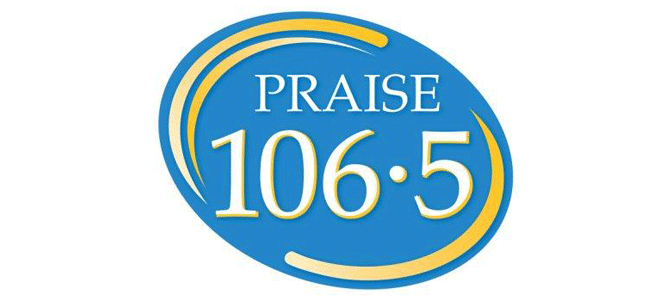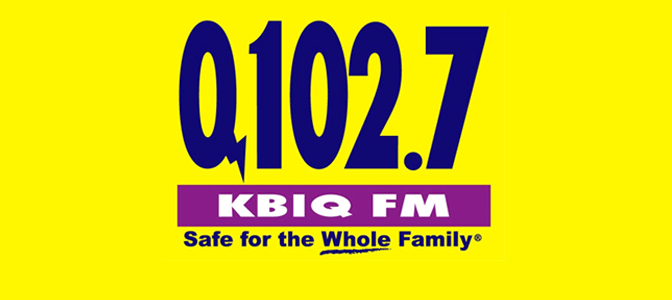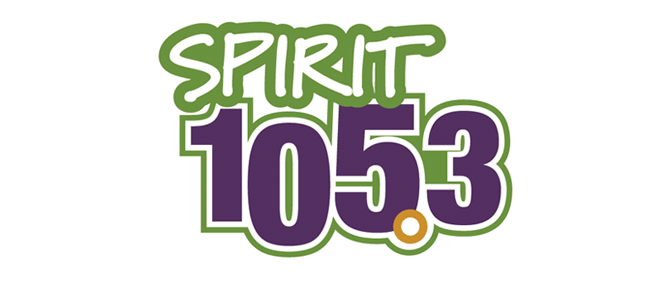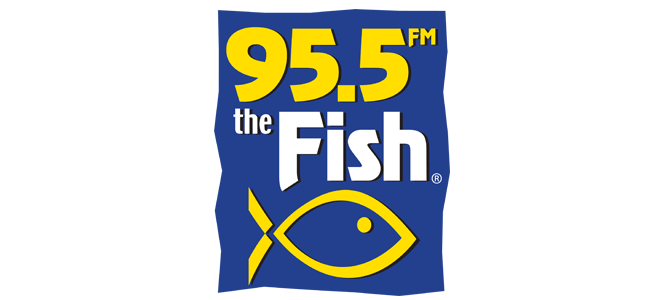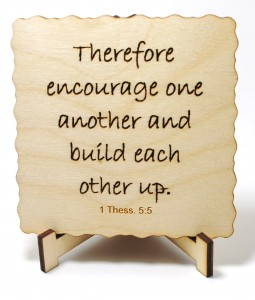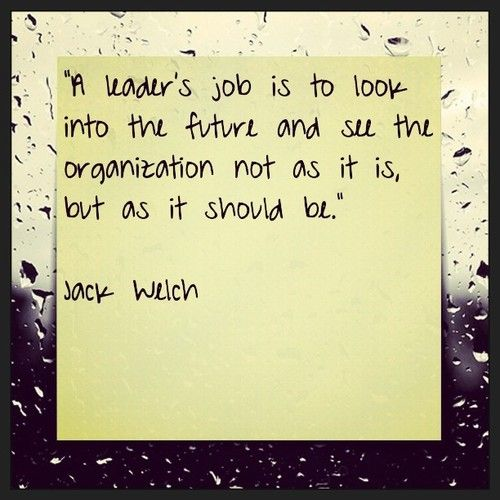There’s a great line from the movie “Network” where old-line newsman Howard Beale (Academy Award winner Peter Finch) is told by his new show developer (Faye Dunnaway) to “articulate the popular rage.”
Now this movie, written by Pulitzer-prize winner Paddy Cheyevski—was made in 1977, so “rage” was at its core. You may remember Beale’s famous scene where he urged people to shout out their windows “I’m mad as hell, and I’m not gonna take this anymore!”
The thought of ‘articulating the popular rage’ is still valid—although I would modify it to be “Articulate the Popular Emotion.” Rage is only one emotion, and you don’t want to be a one-trick pony. But the idea is to be the voice of what your listener is thinking. Joy, sadness, grief, silliness, disbelief, patriotism, skepticism, being thankful—all these (and more) make up the palate from which you can verbally “paint” the Content of the show.
Never settle for something that’s not based on an Emotion.
– – – – – – –
Tommy Kramer
Talent Coach
214-632-3090 (iPhone)
e-mail: coachtommykramer@gmail.com
Member, Texas Radio Hall of Fame
© 2015 by Tommy Kramer. All rights reserved.

